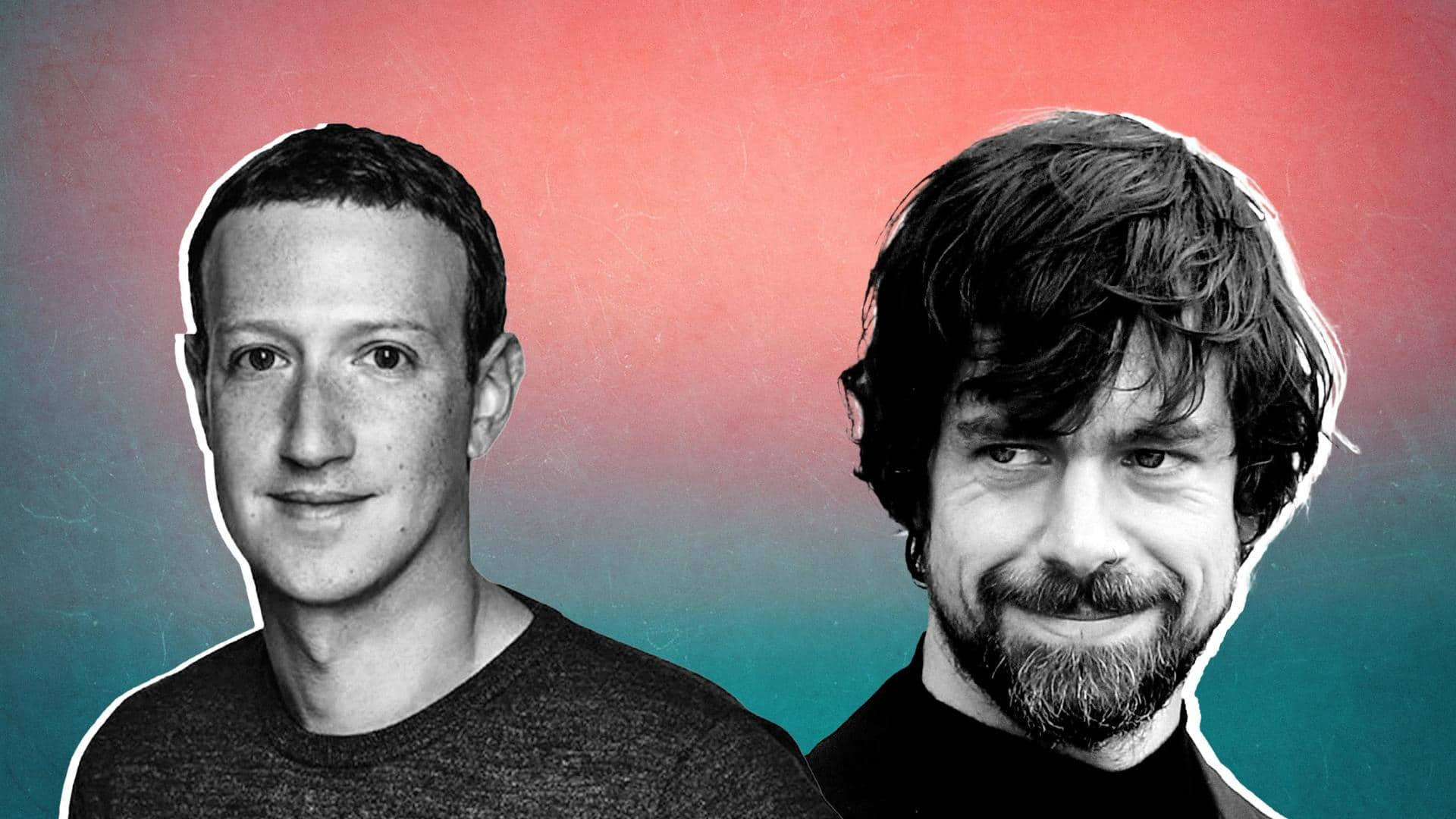
Why billionaires are interested in decentralized social apps
What's the story
'Decentralized social network' is the new buzzword among social media mavericks. The list of interested parties includes two of the biggest names in the industry: Jack Dorsey and Mark Zuckerberg. Dorsey has been a fan of social networks without centralized control, but as far as we know, Zuckerberg is new to this. This makes one wonder, why are they interested in decentralized social apps?
Context
Why does this story matter?
Decentralized social networks are not a new phenomenon. Diaspora, launched in 2010, is often considered the first decentralized social network. Although they have been around for some time, they have never been as popular as they are now. It could be because of the polarizing nature of some of the traditional social networks. However, their rise opens up a new avenue for users.
Need
Centralized social networks dominate the online world
Before getting into billionaires and their decentralized experiments, let's understand why we even need decentralized social networks. These networks are a response to the dominance of giant platforms such as Facebook, Instagram, and Twitter. The immense power wielded by centralized social media apps leads to issues such as censorship (government-ordered or otherwise), algorithmic biases, and forced feeding of content.
Rise
Decentralized social networks do not have a centralized server
Decentralized social networks came up as an answer to address excessive control and curation by traditional social networks. The most popular decentralized social network is Mastdon, which gained popularity after Elon Musk took over Twitter. It does not have a centralized server. Instead, there are interconnected servers. It is also part of the Fediverse, an ensemble of servers that support the ActivityPub protocol.
Meta
Meta has a history of trying popular social media trends
It's time to address the elephant in the room - Meta. You must be wondering what Meta has got to do with decentralized social networks. After all, it is the biggest social network company in the world by far. What you are forgetting, however, is Meta's tendency to try every popular social media phenomenon. Now you know why Meta is here.
P92
Meta's decentralized social network is codenamed 'P92'
The Mark Zuckerberg-led company's decentralized text-based app is codenamed 'P92.' It will be a standalone decentralized social network where users can text updates, sort of like Mastodon. Like Mastodon, P92 will also support ActivityPub, making it easy for users to connect to other servers on Fediverse. Meta, like Mastodon, aims to challenge Twitter with its new offering.
Bluesky
Bluesky is powered by a different protocol
Another decentralized social network sponsored by a billionaire is Dorsey-backed Bluesky, the app that was incubated within Twitter and is now gearing up to challenge the same Twitter. It is powered by an open-source protocol called the 'Authenticated Transfer' Protocol. The protocol helps create a federated and decentralized social network. It is operational but only on an invite-only basis.
Reason
Decentralized social networks are targeting Twitter
That brings us to the question, why are all these billionaires creating decentralized social networks? For starters, both P92 and Bluesky target Twitter, the struggling microblogging platform. It is only fair to assume they want a piece of that pie. Meta's interest could also be preemptive, as it does not want to miss out on what might be the next social media revolution.